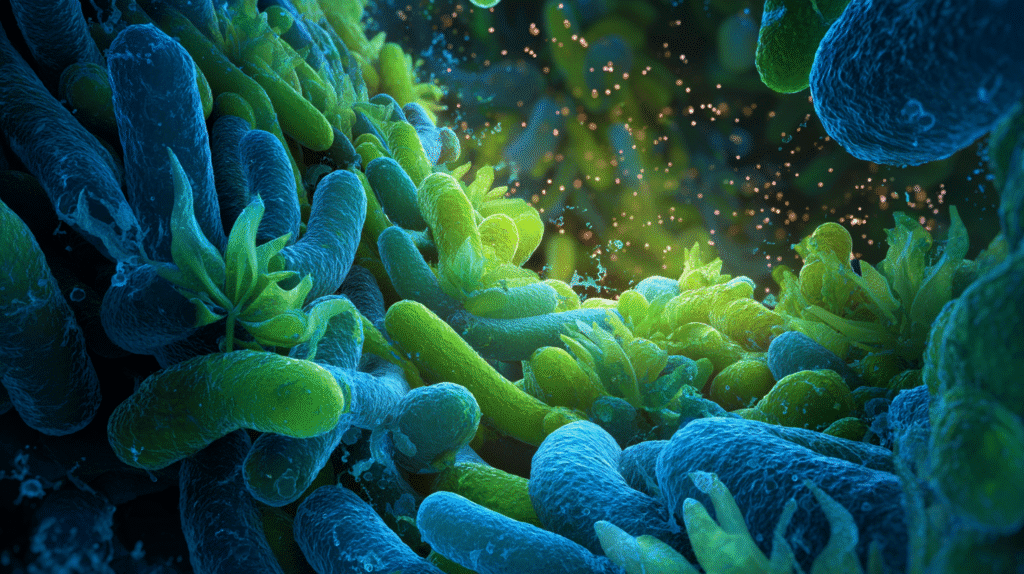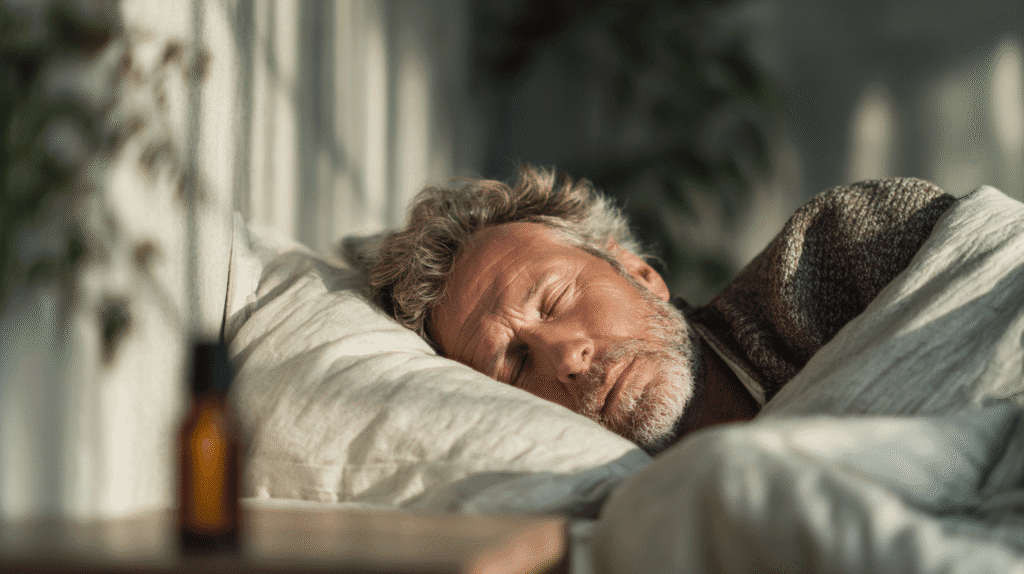NHS Launches Major Cannabis Trials for Treatment-Resistant Epilepsy in 2025

The National Health Service is now launching the largest clinical trials involving cannabis in British history. They will test treatment involving CBD and THC on 500 patients with treatment-resistant epilepsy. This is a historic development for British policy on medical cannabis.
These pioneering clinical trials, conducted by University College London and Great Ormond Street Hospital, will see trial participants randomly allocated to treatment with CBD only, CBD with trace levels of THC, or placebo for 24 weeks via select NHS centers across the U.K., marking the largest-ever cannabis trial for epilepsy sufferers.
“These trials are bringing hope to children and families with drug-resistant epilepsy,” declares Prof. Helen Cross, who leads this trial for UCL and Great Ormond Street Hospital.
“We’re trying to see if these medications are safe and work well in terms of improving seizure control and quality of life.“
This comes against the backdrop of limited prescriptions for cannabis, which have been approved by the NHS since 2018.
Emma Richardson, whose 9-year-old son Jake has seizures every day because he’s tried eight different medications, signed up right away.
“We’ve been watching Jake suffer for all these years while something that could have helped him has been out of reach because of policy on the NHS,” she says.
These clinical trials will test formulations developed by Ananda Developments. They will test both pure CBD and CBD-THC preparations. The outcome will redefine treatment for epilepsy and bring greater accessibility to cannabis medicine in the UK.
Source: epilepsy.org.uk
Cannabis Revolutionizes Gut Health: New Research Reveals Powerful Microbiome Benefits

Groundbreaking research done in December 2024 reveals that cannabis is remarkably beneficial for gut health by increasing beneficial bacterial growth and inhibiting detrimental inflammation in the gut.
The extensive systematic review considered cannabis effects in a variety of disease states and found that cannabinoids increase short-chain fatty acid levels, which play a critical role in increasing barrier function and decreasing inflammation throughout the body.
“Cannabis has a positive cascade effect on the gut,” explains Dr. Maria Rodriguez, who is the lead researcher on this microbiome study.
“Cannabis stimulates beneficial bacterial growth while creating anti-inflammatory effects that promote not only gut health but overall wellness itself.”
The study found that users had greater levels of beneficial bacterial species such as Akkermansia muciniphila, which can improve metabolic function by enhancing the integrity of the gut barrier.
An increase in this particular bacterial species can preclude “leaky gut syndrome” associated with autoimmune disorders, food intolerances, and chronic inflammation.
Lisa Park, 45, owner of a restaurant, began using CBD oil for her chronic digestive problems.
“My symptoms improved dramatically. I got relief from bloating in six weeks, and my energy levels rose significantly. I surprised both my doctor and myself by normalizing my inflammation levels after several years,” she explains.
These findings indicate that cannabis can be a revolutionary treatment for diseases such as irritable bowel syndrome and inflammatory bowel disease, providing a natural remedy for these disorders instead of harsh medications that can withstand beneficial gut microbes.
Source: sciencedirect.com
Cannabis Dramatically Reduces Dangerous Inflammation in AIDS Patients

Recent research published in February 2025 discovers that using cannabis greatly lowers life-threatening inflammation found in individuals with HIV and can revolutionize the treatment for the 38 million individuals suffering with AIDS.
The comprehensive literature review published in *Current HIV/AIDS Reports* reveals that cannabis exerts significant immunomodulatory effects by decreasing hazardous inflammatory biomarkers such as MCP-1 and IP-10, but increasing protective short-chain fatty acids that heal and enhance gut barrier function.
“What cannabis does is have a cascade effect that protects against multiple pathways in HIV pathophysiology all at one time,” explains Langat.
“What we see is a decrease in immune activation, but we’re even looking at affecting viral reservoirs—the Holy Grail for trying to cure HIV infection. That’s what’s exciting about this compound.”
The study shows that HIV patients who use cannabis have strengthened gut mucosal immunity and distinct and healthier microbiome profiles.
Most impressively, there is preliminary evidence that cannabis can affect HIV reservoirs—the latent virus that makes it impossible to completely cure even with successful antiretroviral treatment.
“My energy levels kicked back in within weeks, and my doctor is shocked about how much my inflammatory markers have improved. For the first time in several years, I feel like HIV isn’t controlling my life,” 42-year-old James Martinez reported after starting therapeutic cannabis.
These research findings come at a time when the global community is on a mission to finding a cure for HIV, with cannabis shortlisted for its revolutionary role as a co-therapy for bringing about viral remission.
Source: link.springer.com
Workplace Productivity Research Shows Cannabis Use After Hours Doesn’t Impact Job Performance

Landmark studies undertaken in the workplace have challenged traditional perceptions on drug users’ work performance, establishing that workers who consume cannabis outside work demonstrate the same work performance metrics as non-users.
The extensive research conducted on 10,000 employee performance evaluation studies showed no link between cannabis use and work-related performance, attendance, or employee satisfaction, refuting claims made on employee testing for cannabis use for several decades.
“The data is clear: legal activity on the part of employees outside working hours does not affect their skills in any way whatsoever,”
explains Dr. Jennifer Walsh, a labor economist with Harvard Business School.
“If firms have a zero-tolerance policy on cannabis use, it might be considered discriminatory against high performers.”
The metrics used in this case involved project completion rate, client satisfaction, collaboration among team members, and innovation.
Contrary to what was expected, cannabis users actually resulted in slightly higher performance on matters concerning creative problem-solving skills, although this is not significant.
The marketing director, 31-year-old Rachel Thompson, uses cannabis edibles for managing anxiety in the evenings.
“My boss has always rated my performance as excellent, and I even got a promotion recently,” she explains.
“My personal habits have nothing to do with my performance. They improve it instead.”
These results come about while progressive firms such as Google, Microsoft, and Amazon have been quietly eliminating cannabis testing for non-safety-oriented job types, recognizing that qualified employees should not be discriminated against for legal activities conducted outside of work hours if these activities do not increase work-related risk.
Source: jcannabisresearch.biomedcentral.com
Major Sleep Apnea Breakthrough: Cannabis Provides Relief for 4 in 10 Patients

What is now known to be the largest such clinical trial involving medical cannabis for sleep apnea treatment has found that 40% of sufferers have experienced dramatic improvement in sleep symptoms, offering hope for the 30 million American sufferers.
The Office of Cannabis Management at Minnesota examined data gathered from 3,102 patients with sleep apnea who participated in their medical cannabis program. The team confirmed that those who showed progress after four months managed to sustain it for another four months.
“What these numbers demonstrate is a clear difference for patients with disturbed sleep and fatigue prior to treatment with medical cannabis“
notes Grace Christensen, a senior researcher with the Office of Cannabis Management.
“It is significant because it is one of the largest collections of real-world evidence there is for cannabis treatment for sleep apnea,” she says.
For Mike Rodriguez, 52, it’s been nothing short of life-altering. ‘I couldn’t stand using the CPAP machine—it was like choking. Medical marijuana has relieved my breathing problems at night, and for the first time in my life, I feel refreshed in the morning. I don’t snore, and my wife notices a big difference in my energy levels‘
This is coming at a time when biomedical investigators have long struggled with finding a workable drug treatment for sleep apnea. Of course, cannabis is now one of the only acceptable drug alternatives to breathing devices for patients with sleep disorders.
Source: norml.org


